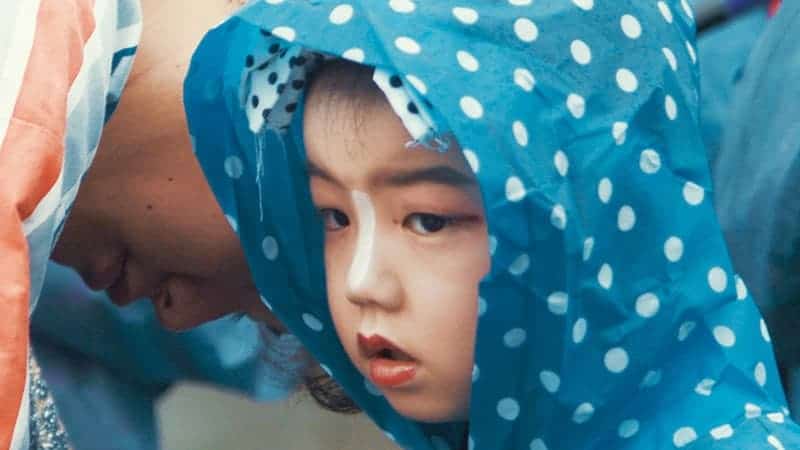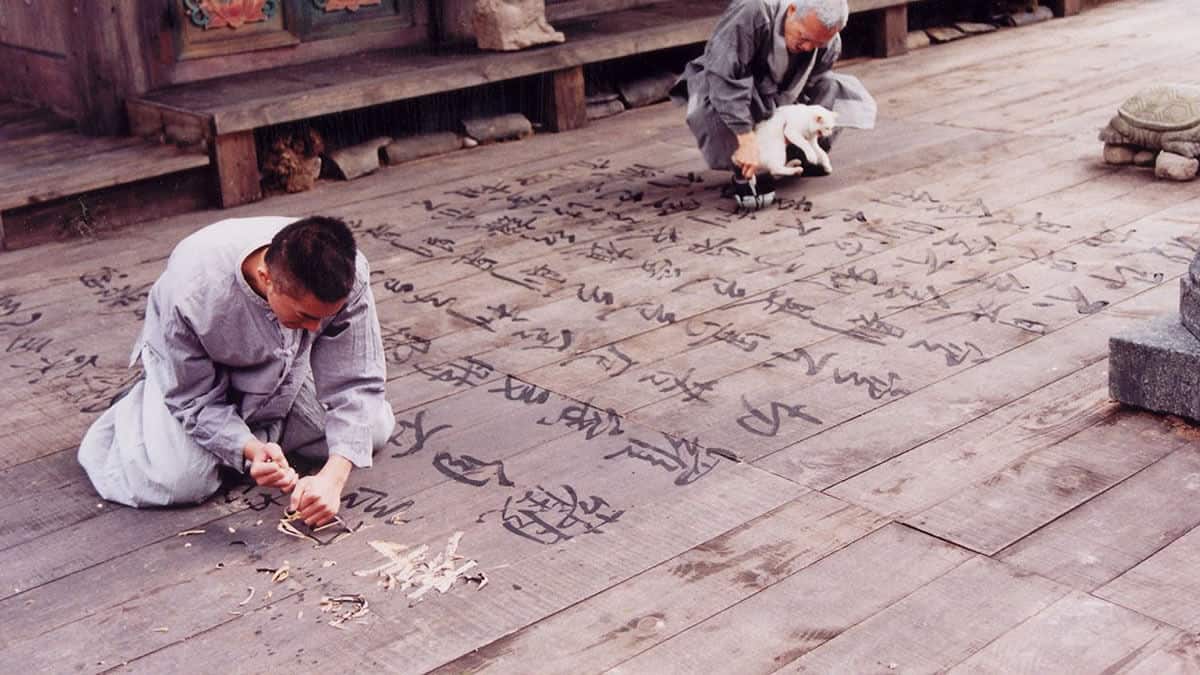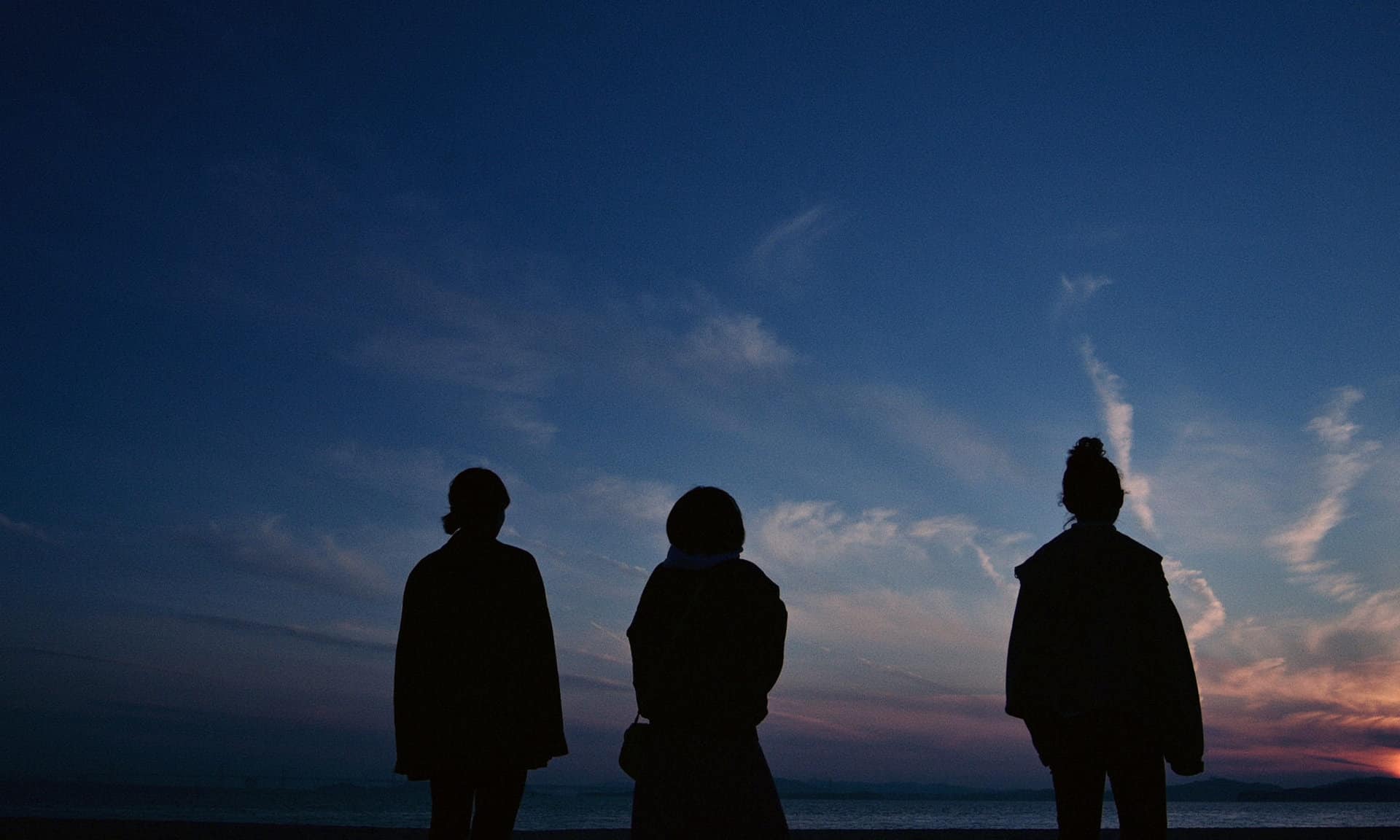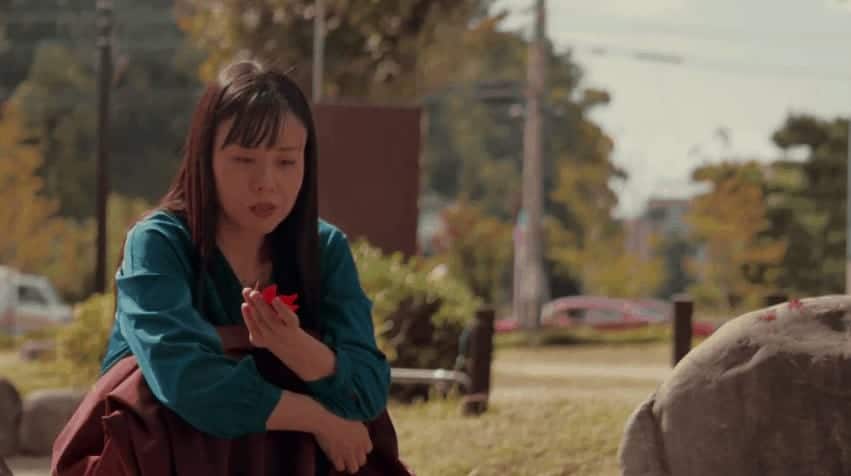An earthquake, a wave, a nuclear disaster. The prefectures Iwate, Miyagi, and Fukushima have been hit the hardest by the 3/11 catastrophe. In her inspirational debut-documentary “Life Goes On”, filmmaker Mia Yoon shows the true stories of people struggling and rebuilding their lives after they have lost everything.
“Life Goes On” was part of the selection of the Japannual Film Festival in Vienna.

For example, there is Shinichi Edo, a carpenter from Ishinomaki. He lost his house and kids in the tsunami. Together with his wife, Ryoko and a volunteer group he started a daycare at the place where his house used to be. In Kawauchi, within the 30km evacuation zone of the nuclear plant of Fukushima, Yoshitaka Akimoto carries on the rice cultivation, that his family started 14 generation ago.
The documentary is about carrying on, but also about keeping the memory alive. One of the best role models for that is a guided bus tour going around places that used to be devastated and try to tell how it used to look like during the catastrophe. This storyteller bus tour wants to preserve the memories. Following the credo “forgetting is bad, but it is even worse to pretend that nothing happened”, Mia Yoon creates a constant reminder.

The people who live in these areas are scared. What will happen when most of the traces of the disaster have vanished? Will it be forgotten? They have to find a right way to deal with it somewhere between mourning and an optimistic way to continue their lives. The fates that are represented should inspire the survivors.
“Life Goes On” gives insight into the daily life of businesses in the affected zones and shows the normality of a daily routine of a region that the outside world thinks of as no man's land. As the inhabitants try not to forget the disaster and its outcome, so does the film tries to remind us that there are human beings related to these places. An outstanding part of the documentary is the story of an American teacher, who got killed, and her parents, that came to Japan to start a foundation for bookshelves in local schools. Unlike many other documentaries about the Fukushima catastrophe, “Life Goes On” includes also the fate of a foreigner. Mia Yoon shows that coming to terms with the past can be a borderless process and can lead to a better international understanding. Feelings are universal and certain things can be overcome easier in a collective. The example of the American teacher gives an account of that.

Yoon's cinematography is polished. Sharp images and close-ups, but also wide aerial shots with the help of drone technology. The film does not use archive material and therefore focuses only on the present condition. Scenes are narrated by the actress Norika Fujiwara (“Cat's Eye”, 1997). She kind of guides through the plot from the start, but mostly deals with the lives of the protagonists.
In a nutshell, “Life Goes On” is a positive, highly inspirational documentary. People who are confronted with the biggest hardships one could image, give the account of a life after the big breakdown. The optimistic outlook is furthermore underlined by a very clean presentation, which makes you think of a touristic advertisement for the region.















